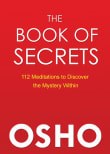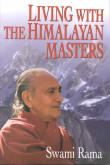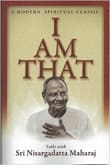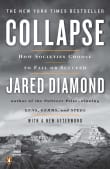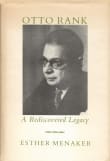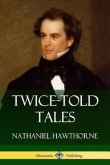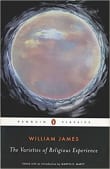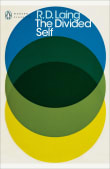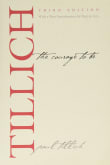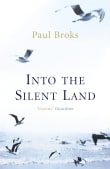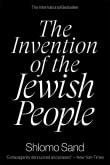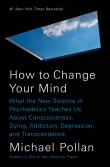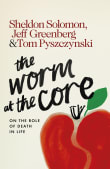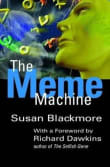The Denial of Death
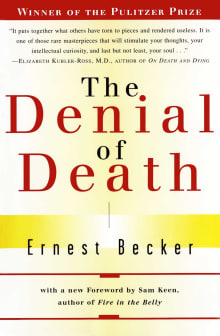
Book description
Winner of the Pulitzer prize in 1974 and the culmination of a life's work,The Denial of Death is Ernest Becker's brilliant and impassioned answer to the "why" of human existence. In bold contrast to the predominant Freudian school of thought, Becker tackles the problem of the vital lie -- man's…
- Coming soon!
Why read it?
6 authors picked The Denial of Death as one of their favorite books. Why do they recommend it?

I read this book when it came out in the ‘70s, and I was in my mid-twenties, with only the most abstract, hypothetical awareness of my own mortality. It opened my eyes to the fact that our avoidance of thinking about our own deaths is not just an individual quirk of cowardice but a foundation of human culture and individual action.
To me, the latest popular manifestation of this avoidance is the current popular obsession with longevity, and this remains as current as the day it was published 50 years ago.
From Keith's list on challenge how you think about death.

Have you ever read a book that literally changed your life? I have, and that book is The Denial of Death by Ernest Becker, for which he won the Pulitzer Prize for General Non-Fiction in 1974.
Becker’s basic thesis is that the institution of “culture” has evolved not so much to facilitate our physical survival (the orthodox viewpoint), but rather, as an elaborate symbolic framework that psychologically protects us from our species’ unique awareness of our own inevitable mortality, both individually and collectively.
Becker basically blew the top of my head off when I first read him during my PhD…
From Mordecai's list on how culture makes us do self-destructive things.

I first read this Pulitzer Prize winner in my early twenties, and it blew my mind, almost literally: I was in a bar in post-revolutionary Prague describing to a friend the book’s central idea – that human character, and the culture it lives in, are both effectively an illusionary construct that we build around ourselves as a means of denying that we are all doomed to vanish.
As I explained it, the idea suddenly made perfect sense to me and I felt my entire personality briefly dissolve.
Years later, covering wars in the Middle East, it struck me as ironic…
From James' list on showing that you only think you know who you are.
If you love The Denial of Death...

This book is a landmark in the fields of existential and depth psychology. It’s a recasting of psychoanalysis based especially on the existential writings of Otto Rank and Soren Kierkegaard and gives us one of the most penetrating theories of both human creativity and human destructiveness extant. As contemporary social psychological research indicates, the denial of death (and death anxiety) tends to be at the root of individual and collective efforts to buffer such vulnerabilities, such as mass movements, dogmatism, and even many of the structures we call “culture.” By contrast, this research suggests that the encounter with and integration…
From Kirk's list on meaning and purpose of life.

This is the next step for Becker after The Birth and Death of Meaning. This Pulitzer-Prize-winning book delves deeper into the problem of death and pierces through the reader’s own denial of death. It is a truly harrowing experience, but a very worthwhile, and often a life-changing, one. Becker shows how our efforts to manage the fear of death contribute to the most noble and ignoble things we humans do. He clarifies how it contributes to hero worship and the historical rise and appeal of charismatic leaders such as Hitler, to consumerism, to romantic relationships and sex, to depression,…
From Jeff's list on the core desires that guide human behavior.

The second book I recommend is The Denial of Death by Ernest Becker. This Pulitzer prize winning masterpiece does a great job of showing why and how we deny death, and what kind of negative consequences this behavior causes. If you’re interested in death awareness, this is a foundational book to read, although its language can be a bit complex at times.
From Gabriel's list on spiritual books only a few people read.
If you love Ernest Becker...
Want books like The Denial of Death?
Our community of 12,000+ authors has personally recommended 100 books like The Denial of Death.




